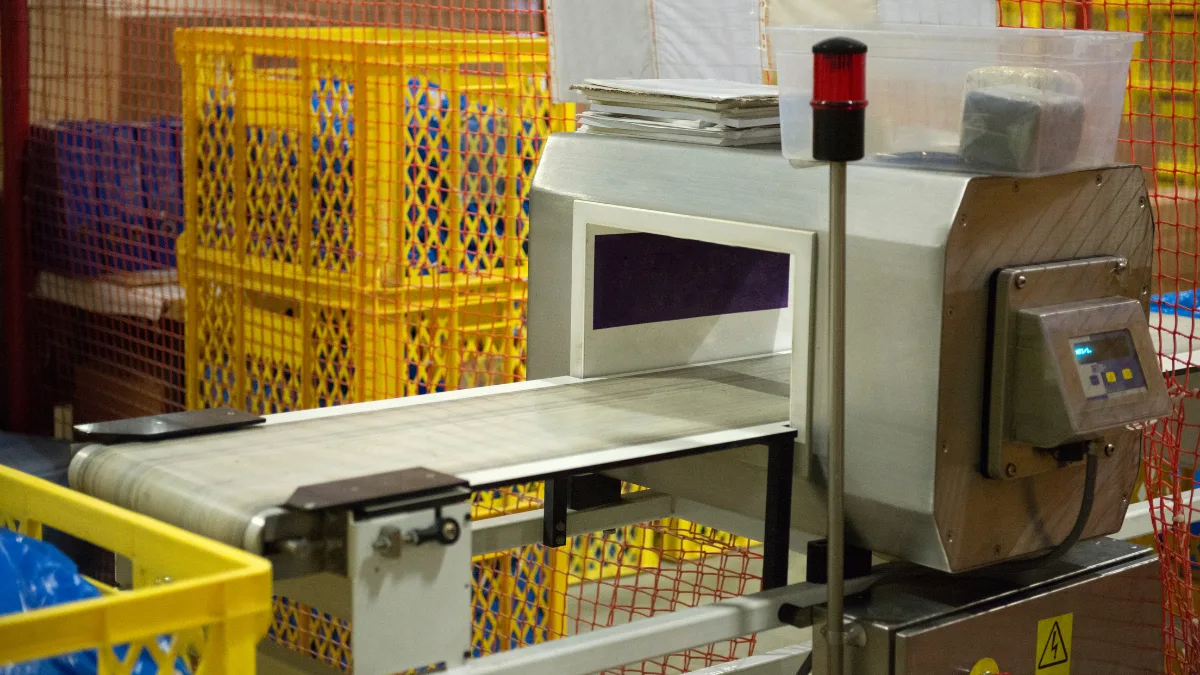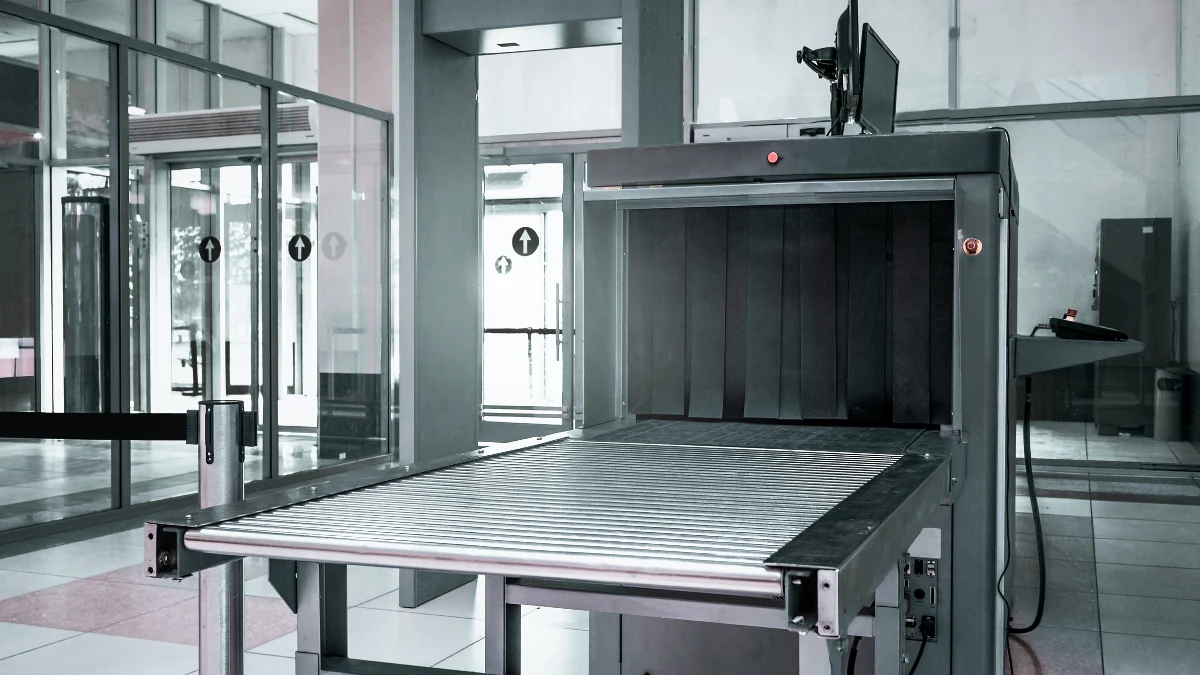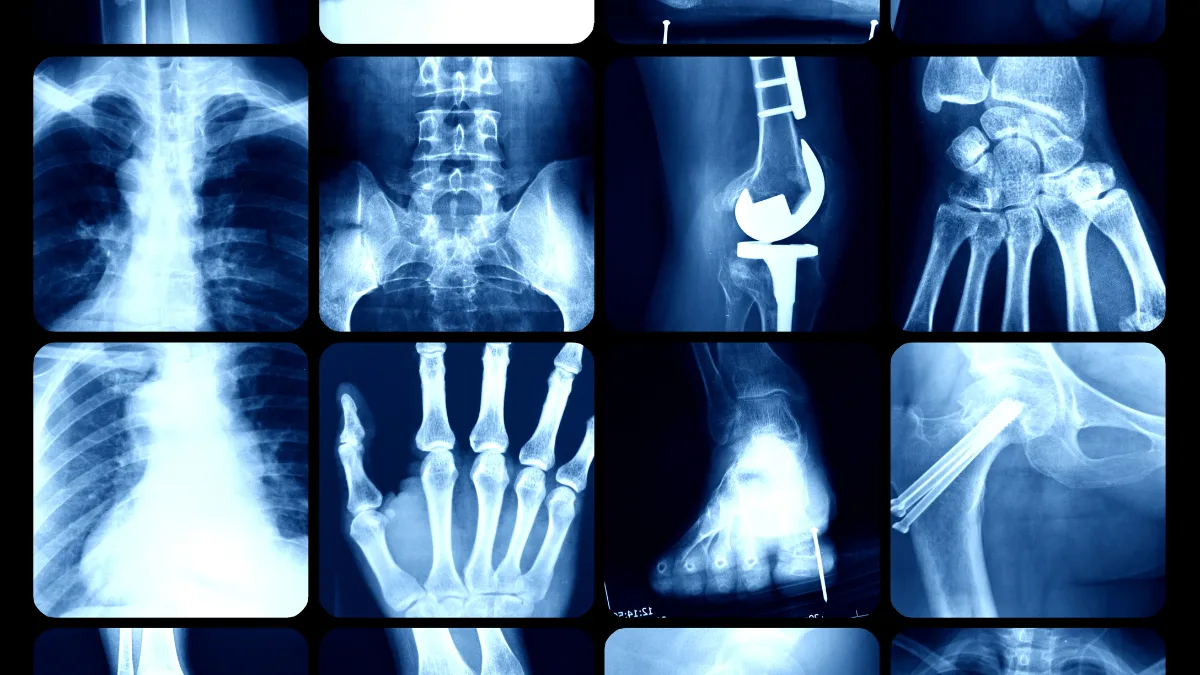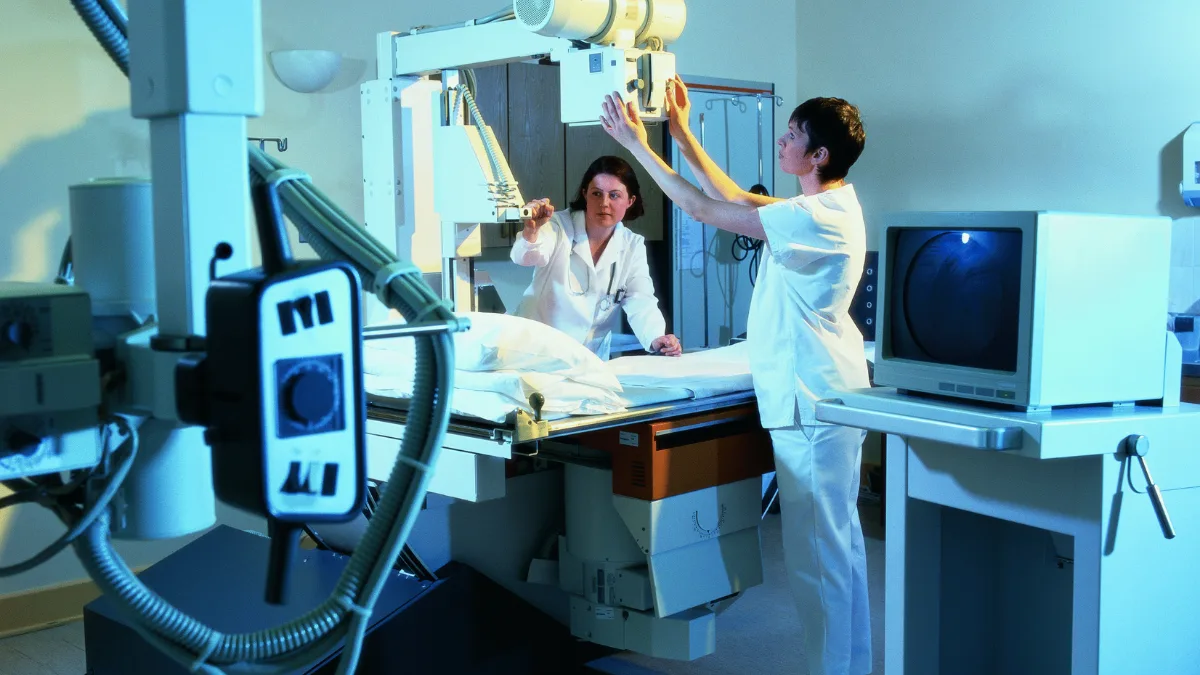X-ray detectors have many benefits, especially the ability to capture X-rays and convert their intensity into electrical signals or images that can be analyzed. However, the advantages and disadvantages of X-ray detectors cannot be easily separated, even though the benefits are evident.
The advantages and disadvantages of X-ray detectors include multiple purposes, such as non-invasive imaging, to be effective in detecting bone structure, while the disadvantages include radiation exposure to anticipate, limited details on complex fractures, and limited soft tissue detection.
This article will inform you about some of the advantages and disadvantages of X-ray detectors that you can consider.
The Advantages and Disadvantages of X-Ray Detectors

Like any other technology, X-ray detectors have several advantages that can be utilized and disadvantages to consider.
The advantages of X-ray detectors can be used for various purposes, such as non-invasive imaging, to be effective in detecting bone structure, while the disadvantages include radiation exposure to anticipate, limited details on complex fractures, and limited soft tissue detection. Here are the advantages and disadvantages of X-ray detector:
The Advantages

Here are some advantages of an X-ray detector:
1. Can be used for various purposes
One of the advantages of an X-ray detector is that it can be used for various purposes. These devices are utilized in various fields ranging from medical to industrial, to security, and even for research purposes.
2. Non-invasive imaging
Non-invasive imaging is another advantage of the X-ray detector. For medical needs, this device can visualize the internal body without the need for surgery. And for airport security needs, officers can find out the contents of passenger bags just from X-rays without having to open the bags.
3. Fast and efficient process
X-ray detectors are able to take pictures quickly. In the medical world, it is very helpful to provide a quick diagnosis with the right treatment. In security officers, it is very easy to check efficiently without the need to open the contents of the bag one by one.
4. Effective in detecting bone structure
In the medical world, X-ray detectors are very effective in detecting bone structure. This device is able to detect and capture detailed images when a patient has a fracture dislocation and other bone abnormalities.
The Disadvantages

Here are some disadvantages of an X-ray detector:
1. Radiation exposure to anticipate
One of the drawbacks of an X-ray detector is its radiation exposure. X-rays use ionizing radiation that can cause cancer risk if exposed repeatedly.
2. Limited details on complex fractures
Not being able to detect details on complex fractures is another drawback of this device. Its limitation in providing enough detail makes it impossible for doctors to make a proper evaluation.
3. Limited soft tissue detection
Another drawback of X-rays is the limited soft tissue detection. When compared to other imaging modalities such as MRI or ultrasound, X-ray is less effective in distinguishing soft tissues such as muscles, tendons, and internal organs.
Those are the advantages and disadvantages of X-ray detectors to consider before deciding to use them.
Considering its shortcomings, X-rays are still very useful in many fields, especially medical, in detecting the internal organs of patients without having to perform surgery. [UN]

